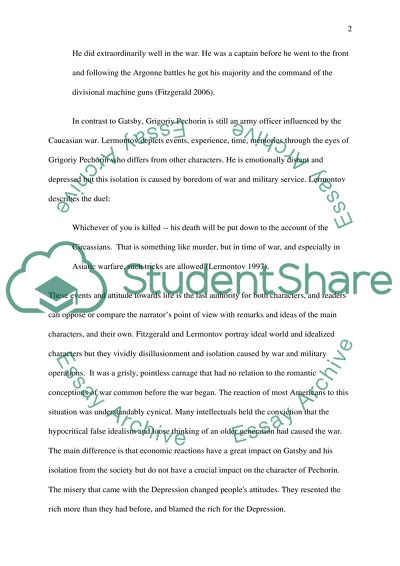Cite this document
(“The Great Gatsby by Fitzerald and A hero of our Times by Lermontov Book Report/Review”, n.d.)
Retrieved from https://studentshare.org/miscellaneous/1511911-the-great-gatsby-by-fitzerald-and-a-hero-of-our-times-by-lermontov
Retrieved from https://studentshare.org/miscellaneous/1511911-the-great-gatsby-by-fitzerald-and-a-hero-of-our-times-by-lermontov
(The Great Gatsby by Fitzerald and A Hero of Our Times by Lermontov Book Report/Review)
https://studentshare.org/miscellaneous/1511911-the-great-gatsby-by-fitzerald-and-a-hero-of-our-times-by-lermontov.
https://studentshare.org/miscellaneous/1511911-the-great-gatsby-by-fitzerald-and-a-hero-of-our-times-by-lermontov.
“The Great Gatsby by Fitzerald and A Hero of Our Times by Lermontov Book Report/Review”, n.d. https://studentshare.org/miscellaneous/1511911-the-great-gatsby-by-fitzerald-and-a-hero-of-our-times-by-lermontov.


